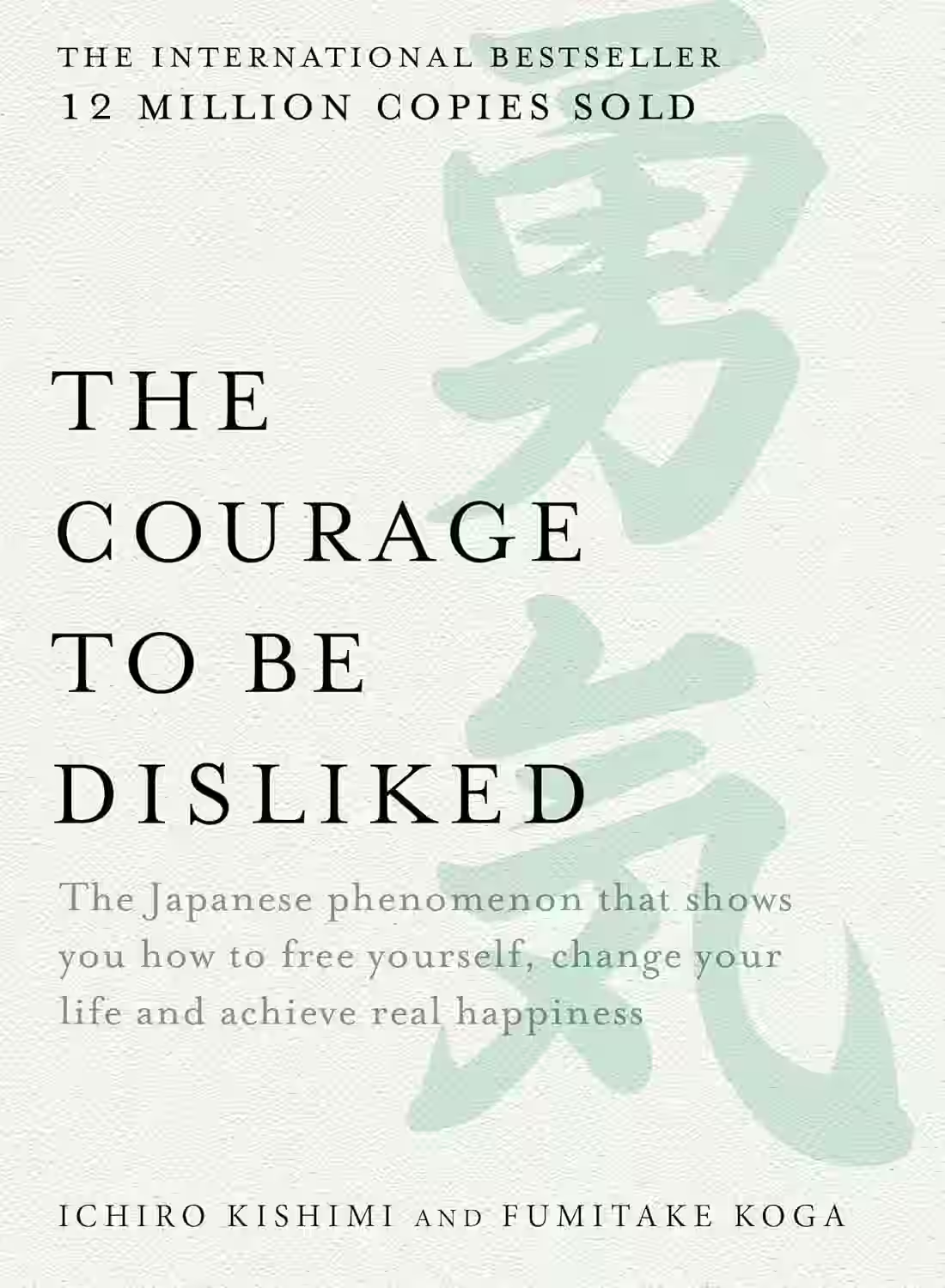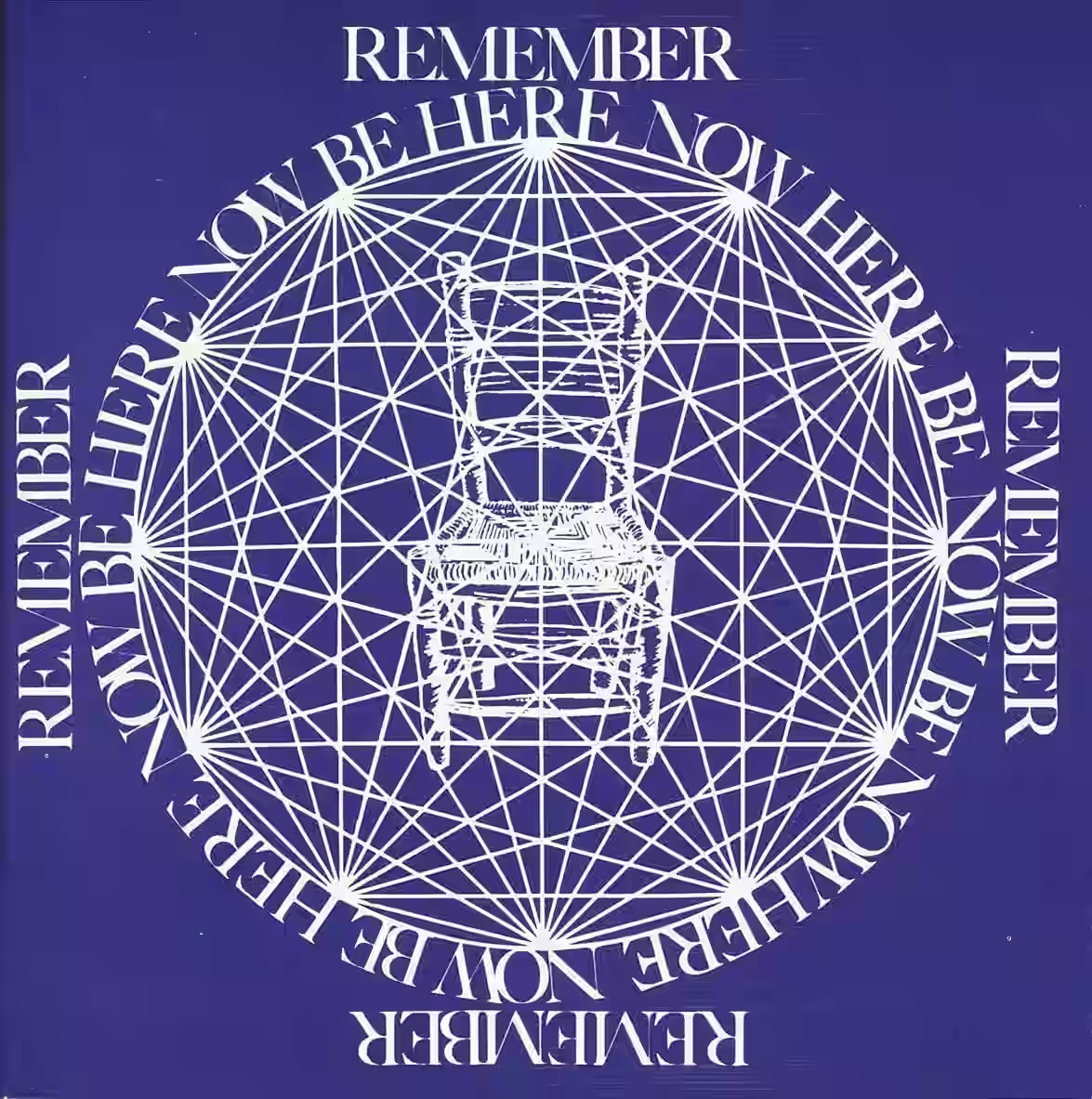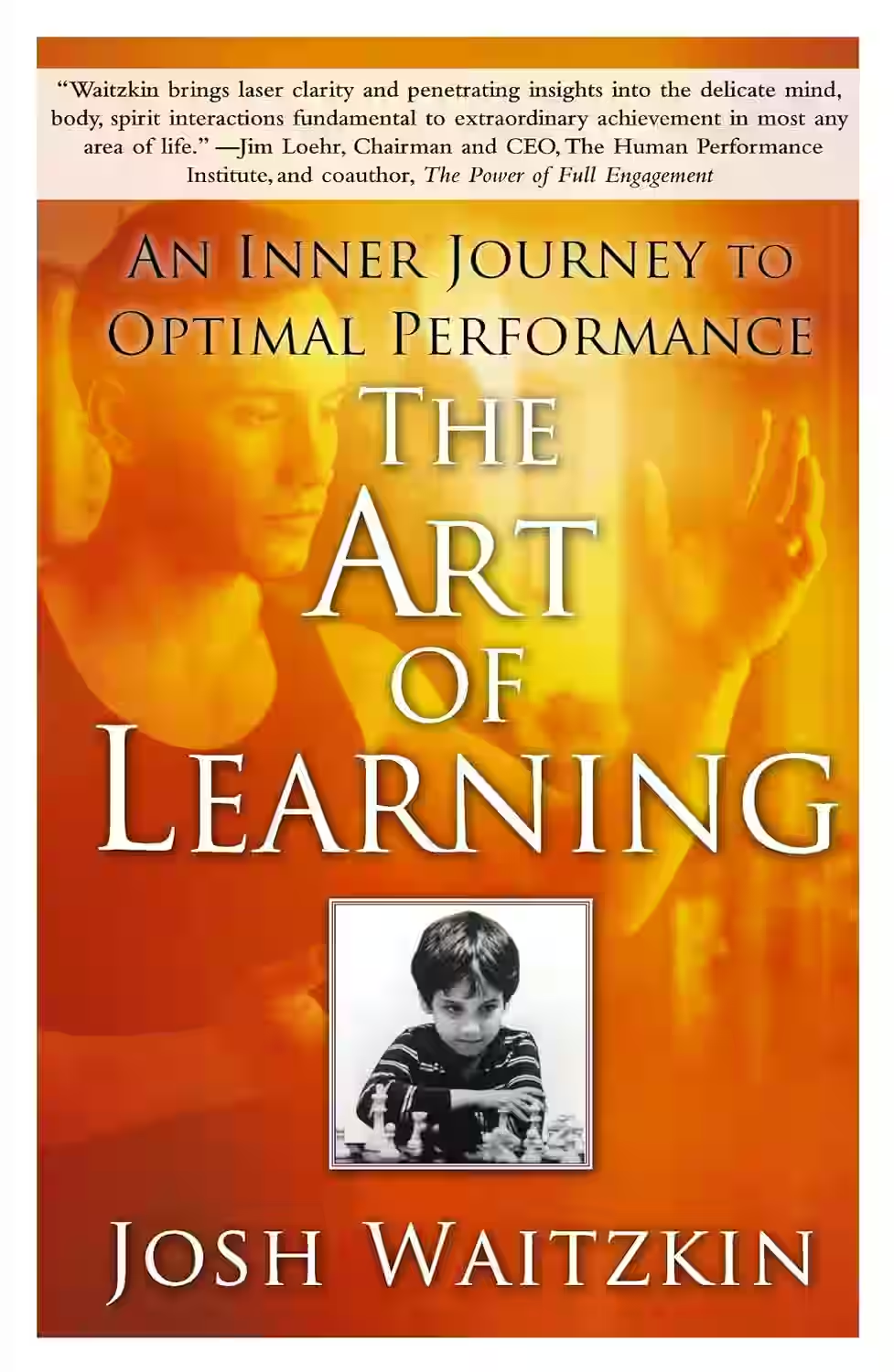
In 'Wabi Sabi: Japanese Wisdom for a Perfectly Imperfect Life,' Beth Kempton masterfully delves into the ancient Japanese philosophy of wabi sabi, celebrating the beauty found in imperfection, impermanence, and authenticity. Through insightful anecdotes, practical exercises, and profound reflections, Kempton guides readers on a transformative journey towards embracing life's inherent flaws and complexities with grace. She explores how this philosophy can be applied in various aspects of daily living such as home decor, relationships, and personal growth. This book not only offers a fresh perspective on finding contentment in an often chaotic world but also inspires readers to seek beauty in simplicity and acceptance. A truly enlightening read.
About Beth Kempton
Beth Kempton is a British author known for her captivating writings that blend personal development, creativity, and mindfulness. With a background in Japan and a deep appreciation for Eastern philosophies, Kempton infuses her works with a unique perspective on living a purposeful and fulfilling life. She is the author of several acclaimed books, including 'Wabi Sabi: Japanese Wisdom for a Perfectly Imperfect Life' and 'Calm Christmas and a Happy New Year'. Kempton's insightful exploration of mindfulness and simplicity has resonated with readers worldwide, inspiring them to embrace imperfection and find beauty in the everyday. Through her writings, Kempton continues to make a significant impact on literature, encouraging readers to live more intentionally and authentically.
Similar Books

The Courage To Be Disliked
by Ichiro Kishimi, Fumitake Koga
This bestselling Japanese philosophy book presents a dialogue between a philosopher and a young man, exploring ideas based on Alfred Adler's psychology. It argues that happiness lies in the courage to be true to oneself and to reject the need for approval from others. Through a Socratic conversation, it challenges readers to let go of past trauma, take personal responsibility, and live with freedom. The book encourages breaking free from societal expectations and embracing a more purposeful, self-directed life.

Be Here Now
by Ram Dass
Part memoir, part spiritual guide, Be Here Now traces Harvard psychologist Richard Alpert’s transformation into Ram Dass after a life-altering trip to India. Blending Eastern philosophy, psychedelic exploration, and yoga teachings, the book offers a path to mindfulness and enlightenment. Its iconic illustrations and free-form structure embody its message of living in the present moment. Ram Dass emphasizes love, surrender, and the inner journey, encouraging readers to release ego and awaken to higher consciousness. A seminal work in 1970s counterculture, it remains a deeply influential text for spiritual seekers, mindfulness practitioners, and open-hearted wanderers alike.

The Art of Learning
In The Art of Learning, chess prodigy and martial arts champion Josh Waitzkin shares his journey of mastering two disciplines to reveal universal principles of performance and personal growth. Blending autobiography with actionable insights, he discusses focus, resilience, and the psychology of peak performance. Waitzkin emphasizes the importance of incremental progress, embracing adversity, and turning setbacks into growth. His philosophy integrates Eastern and Western approaches to learning and competition. Whether applied to sports, business, or creative pursuits, The Art of Learning is a compelling guide to developing mastery through mindfulness, self-awareness, and continuous refinement of one’s process.

How to Live
by Derek Sivers
In How to Live, Derek Sivers offers 27 radically different philosophies for living a meaningful life—each chapter presenting a distinct worldview with confidence and conviction. From “Be independent” to “Commit fully,” the book explores contradictory yet compelling ideas, encouraging readers to reflect on what matters most. Rather than offering a single path, Sivers embraces complexity, suggesting that the truth of how to live may lie in navigating these contradictions. Written in his signature minimalist, thought-provoking style, How to Live is part philosophy, part self-inquiry, and part creative manifesto—ideal for readers seeking clarity, flexibility, and personal growth.